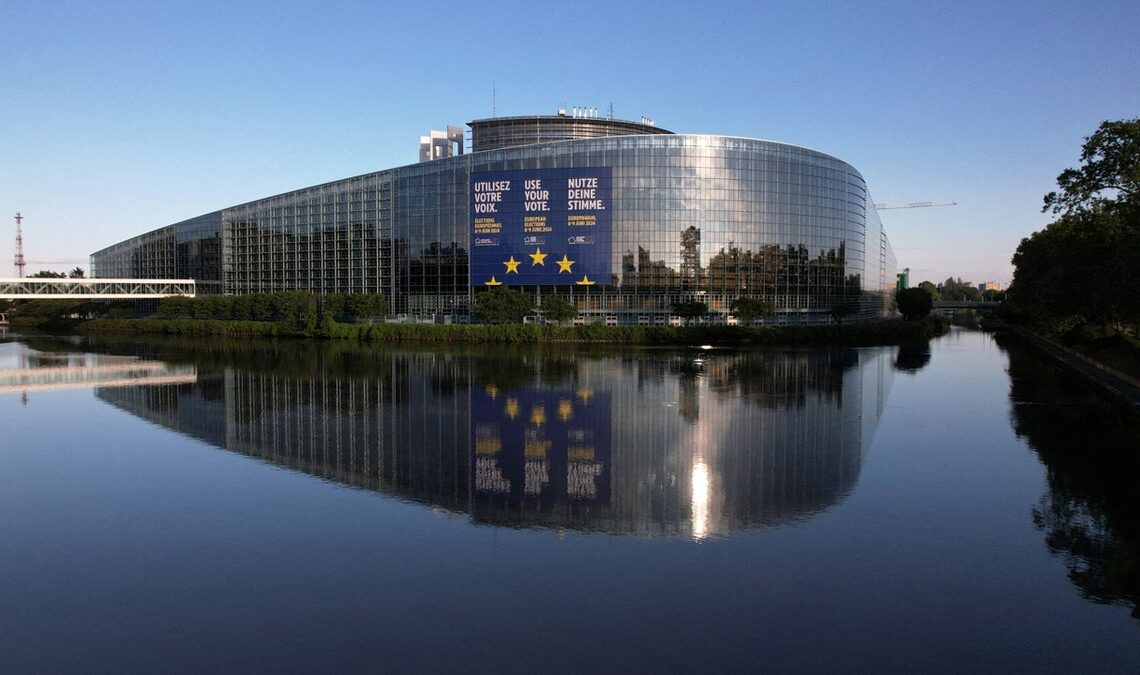- Citizens of European Union countries have begun to vote in elections for the European Parliament.
- The European Union is composed of three main political branches: The European Commission, which acts as the executive arm, the European Council, which represents the national governments of the EU’s member states, and the European Parliament, which works together with the European Council to pass laws.
- Legislation from the EU can take the form of treaties, which define the bloc’s principles and processes; regulations, which apply directly to all member states; directives, which require countries to achieve specified objectives and allow flexibility in implementation methods; and decisions, which are addressed to specific companies, individuals or member states.
Citizens across the European Union are currently voting in the European Parliament elections to choose direct representatives for the supranational legislative body.
The European Parliament is one of the EU’s three main political institutions, along with the European Council, which represents national governments of the 27 member states, and the European Commission, the bloc’s Brussels-based executive arm.
Here are some details about how the three main EU bodies function.
GERMAN RIGHT WING CANDIDATE STABBED IN LATEST ATTACK AHEAD OF ELECTIONS
HOW LAWS ARE MADE
Only the European Commission can formally propose new laws, either on its own initiative or after requests by other EU institutions or citizens.
Laws are passed through an agreement between the European Parliament and the Council of the European Union, composed of national government ministers of a particular policy area.
In May, the Council approved landmark rules on artificial intelligence after the Parliament voted in favor of them, but a law to restore damaged nature is hanging in the balance after Hungary withdrew its support for the bill in March.
The European Parliament building is reflected off the water in Strasbourg, France, on May 25, 2024. (Reuters/Christian Hartmann/ File Photo)
As some of the Council’s decisions must be unanimous, member states hold a de facto veto power over EU lawmaking in areas including taxes, EU enlargement, and foreign policy, including sanctions.
Both the Parliament and the Council can formally reject a law at any stage of the process, thus scrapping it.
HOW INSTITUTIONS AND GOVERNMENTS INTERACT
Apart from Councils of EU ministers, EU countries’ heads of state or government also meet, usually every three months, in…
Click Here to Read the Full Original Article at FOX News : World…

